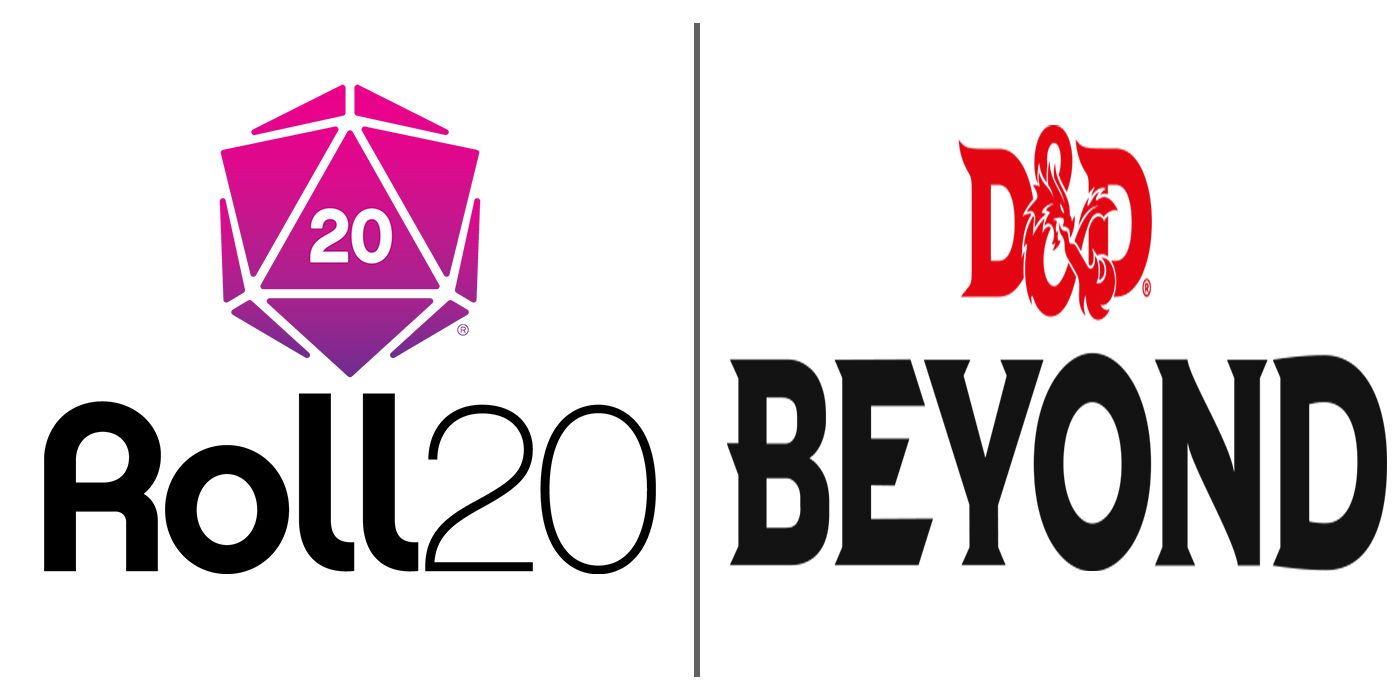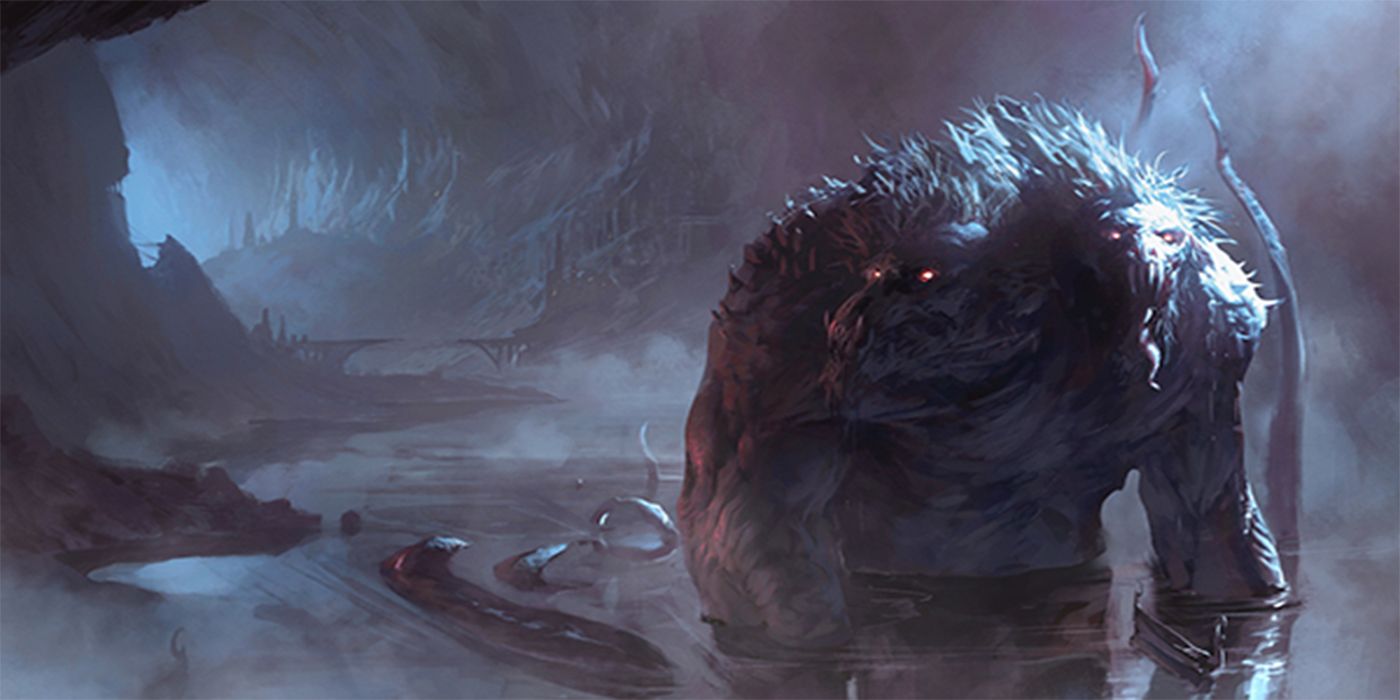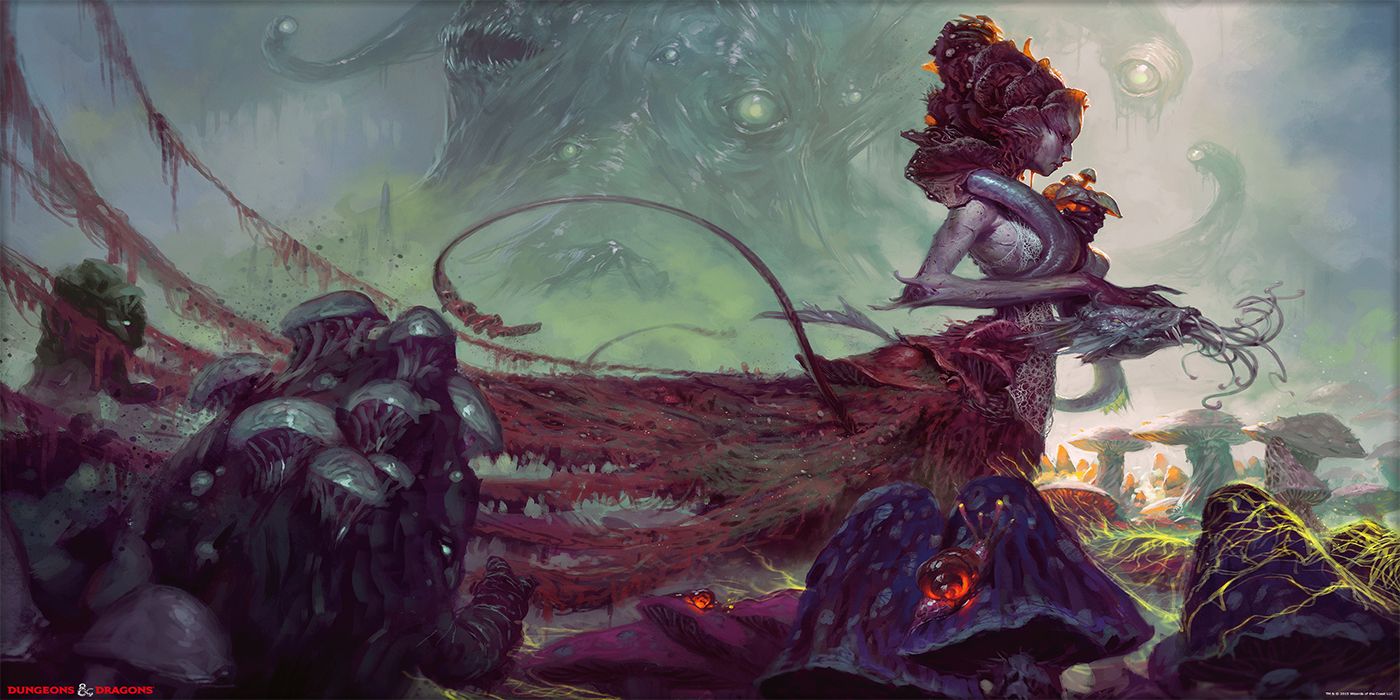There are a ton of different resources out there for Dungeons and Dragons players, and trying to sift through them all can be more than a little bit daunting. However, those that do start to explore all that the game has to offer will quickly find two names that dominate everything: DnD Beyond and Roll20. Both applications are great, but serve different purposes for the most part. In fact, the two can often be used in conjunction with one another for a really great D&D experience.
Really, DnD Beyond is an all-around resource for Dungeons and Dragons. It helps players create new characters, look up rules, spells, and plenty more. DnD Beyond is perfect for those that want to run a campaign that's just a little less traditional, as it will allow players to move pretty much everything onto a tablet as opposed to keeping track of tons of paper and character sheets. Plus, users are able to purchase all of the resource books for D&D digitally, many of which were included in our guide of everything Dungeons and Dragons players need to get started with the game. Owning physical books is great, but digital ones do tend to be a little bit cheaper. Plus, it's easier to manage when all the players are gathered around a small table, as it saves valuable space.
DnD Beyond is also incredibly intuitive and easy to use. Its interface translates to any size screen that a player may have, from desktops and tablets, all the way down to phones. However, players will most likely want to use the web version of DnD Beyond, as the official app is essentially just a compendium. It offers players access to all the marketplace content they've purchased, but not much else beyond that.
Arguably, the best part of DnD Beyond is how simple it makes character creation for beginners. It won't churn out any maximum efficiency builds, but it can largely automate the process for new players that are uncomfortable creating their own characters, or quickly generate new ones in a pinch. It can also help level up players during a session, saving valuable time and some hand-holding on the DM's end. It's a great tool, and one most players should be utilizing in some capacity at this point.
Roll20, on the other hand, is more for running games than it is for resources. Players can still get tons of game content on the Roll20 marketplace if they prefer to keep everything in one place, but the layout of the shop just isn't as good as DnD Beyond's. That being said, Roll20 doesn't stop with just good ol' fashioned D&D. Users will find sourcebooks for plenty of other tabletop games on there too, so Roll20 is an excellent resource for those that want to see what other games have to offer in the future.
Roll20 is outstanding for those that don't have any local game shops or friends in their area with an interest in playing Dungeons and Dragons, as it allows users to connect with other people in similar positions online. There are forums with tons of different posts searching for players, and most are pretty welcoming to newcomers.
There is, however, a bit of a learning curve when it comes to Roll20. It just takes some time to get used to the program and learn all of its ins and outs. However, once players get used to it, Roll20 becomes an incredibly snappy tool. The best route to go is to partake in a few games as a player, then, if overtaken by curiosity or a creative itch, try and run a few games as the Dungeon Master. It can take some work to organize and prepare a regular game for a group of players, but it's definitely a rewarding experience. College Humor's DM Brennan Lee Mulligan recently spoke to Game Rant about his process and gave some good advice to those looking to run their own games for the first time for those looking for tips.
Roll20 and DnD Beyond both serve pretty different purposes, though the combination of the two can serve as easily usable resources guides and a good way to run games remotely. The two programs have fundamentally changed the ways in which players can connect with each other, and they're definitely worth exploring for those that are curious about transitioning into digital Dungeons and Dragons.



